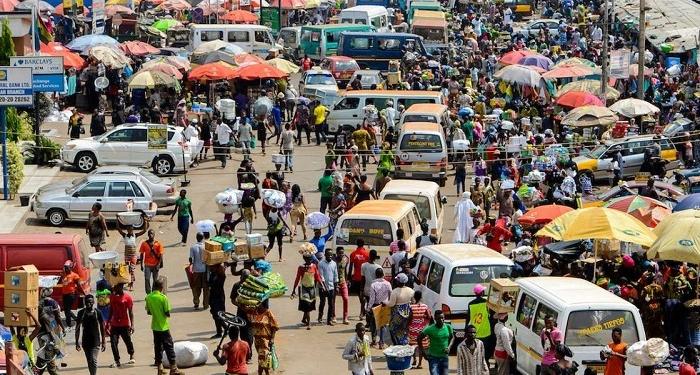Sustainability of Ghana’s Economic Recovery Reliant on High Gold Prices, Fitch Solutions Says
Fitch Solutions has cautioned that the sustainability of Ghana’s macroeconomic recovery is heavily reliant on persistently elevated global gold prices.
The UK-based research firm said a sharp fall in gold prices — for example, following a de-escalation of geopolitical tensions — would significantly erode the country’s dollar earnings, deplete international reserves and put renewed pressure on the cedi.
“A substantial decline in gold prices would drive a sharp rebound in inflation, prompting the Bank of Ghana (BoG) to maintain a tighter policy stance than currently anticipated,” Fitch noted in its latest Ghana economic outlook.
Ghana, as of the end of July 2025, had accumulated over 34.4 tonnes in gold reserves at the Central Bank, translating into some $4.06bn at current spot price.
Export Earnings Cushion
Persistently high gold prices, the firm said, will support export earnings and ensure steady foreign currency inflows through 2026, bolstering the BoG’s reserves and enabling it to stabilise the cedi even amid looser monetary policy.
“As gold prices remain elevated, amid global trade uncertainty and geopolitical risks, the cedi will remain stable over the coming quarters, which will continue to limit imported price pressures,” stated Fitch Solutions.
Mixed Risks to Rate Outlook
Fitch, in its report, further described the outlook for interest rates as “mixed.” On the downside, it said the BoG’s 300 basis points rate cut in July 2025 reflected a strong willingness to ease policy following an improvement in macroeconomic fundamentals driven largely by gold prices.
“If inflation continued to decline more rapidly than anticipated, the BoG would likely adopt a more accommodative stance than our baseline forecast suggests,” the report said.
Meanwhile, Fitch Solutions says it expects the BoG to halt its easing cycle in H2 2026 as inflationary pressures re-emerge.








